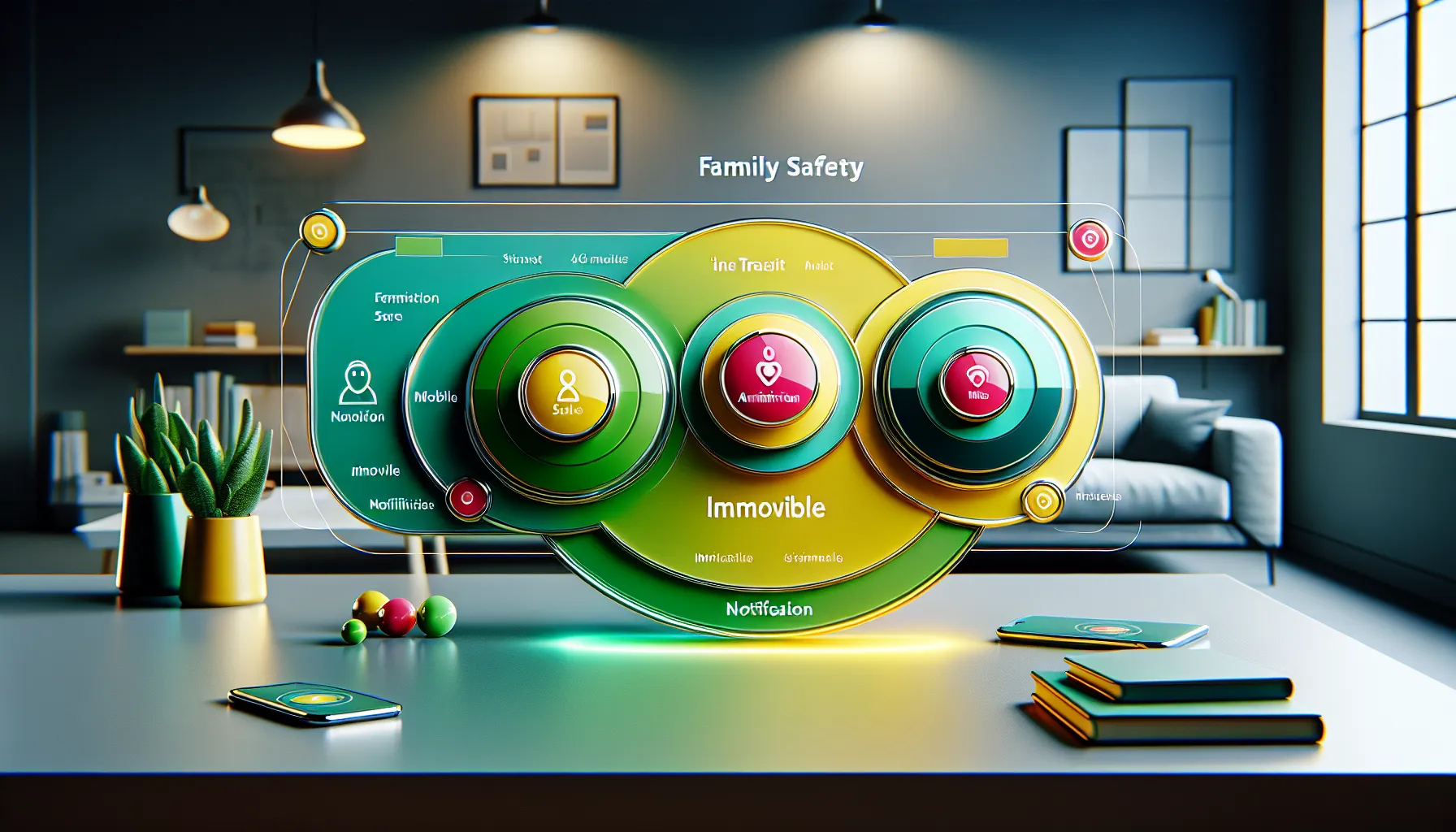
Bright lights, clacking chips, and steady rhythms greet every guest entering a bustling casino floor. New blackjack players seeking guidance can visit https://www.blackjack-online.lt/ and you will know how to play blackjack for clear lessons and etiquette. After settling in, the surrounding soundtrack begins steering feelings, attention, and pace. From smoky lounge melodies beside roulette to pounding pop near video slots, selections feel intentional. Floor directors know a well-chosen beat can extend sessions, lift wagers, and shape risk perception. Volume, tempo, and melody turn into cues that nudge choices without drawing notice. The same tune that energizes spirits may also loosen discipline around chip stacks. Music entertains ears while quietly influencing wallets with each drum hit and chord change. This guide explains how playlists sway judgment at tables and machines across busy venues. With better awareness, players can protect bankrolls, keep perspective, and even harness sound for benefit. The following sections share research, examples, and practical tactics for staying in control.
How Sound Interacts With the Brain
Neuroscience shows people react quickly to rhythm, melody, and familiar musical patterns. When songs play, the auditory cortex activates the limbic system and releases dopamine. That same chemical links strongly to pleasure, motivation, and repeating rewarding behaviors. In casinos, these reactions are encouraged by playlists designed for very specific outcomes. Programmers favor steady tempos near one hundred twenty beats per minute for general areas. That cadence matches a relaxed, alert heartbeat, helping guests feel safe and comfortable. Moderate volume also blankets outside noise and keeps conversations private around busy pits.

The result becomes a bubble where attention narrows onto reels, cards, and chips. Research from the University of Nevada reported slot players spun twenty-two percent more with medium tempos than in silence. Longer playtime arrived without most participants realizing music guided their pace and persistence. The simple takeaway is clear: sound triggers biological rewards that can stretch sessions. Knowing this chain helps gamblers stay mindful before emotions drift beyond planned limits.
Fast Tempos and Betting Choices
Quick, energetic tracks raise arousal and often speed every tiny decision at the felt. During play, that energy becomes faster spins, bigger raises, and riskier optional side wagers. Studies comparing rock near one hundred forty BPM with soft jazz around eighty revealed strong shifts. Tempo alone lifted average bet size by up to twenty-four percent in trials. Arousal theory helps explain this effect, since a higher tempo elevates heart rate and stress. That bodily rush can be misread as pure excitement, encouraging looser calculations and optimism. Near misses on a slot reel feel hotter, which pushes another immediate spin. Table pits show similar trends when speakers blast dance music near the action. Players post chips more quickly, sometimes acting before fully considering house rules and math. Faster dealers and quick shuffling can compound pressure, shortening already narrow decision windows. To counter, pause for a breath, count five, and check remaining bankroll. Choose deliberately, matching every move to plan and probabilities rather than the soundtrack.
Slow Music, Focus, and Measured Table Play
Playlists are not always packed with relentless bangers or festival anthems across every section. Poker rooms and high-limit salons usually prefer mellow lounge, classical, or smooth rhythm and blues. Slower tempos around sixty to eighty BPM mirror resting heartbeats and reduce overall tension. That mood supports games that reward patience and math, including blackjack, baccarat, and Texas Hold ’em. With fewer auditory distractions, calculation improves and mistakes decline during lengthy, complex hands. Players track cards, note tendencies, and wait before committing chips on marginal totals. A Canadian experiment found that blackjack participants who heard gentle piano music were eighteen percent less likely to bust. They paused longer before hitting borderline numbers, avoiding reckless overreactions to short runs. Calm rooms carry a different hazard, though: sessions often stretch much longer than planned. Low-pressure hours can blur time, slowly draining stacks without obvious emotional cues. Set alarms, predefine chip stop points, and schedule breaks to protect attention and funds. These anchors keep focus sharp when tranquil soundscapes tempt lingering beyond reasonable limits.
Building a Personal Casino Playlist
Music can serve the player as well as the house, shaping the environment. Before leaving home, build a playlist on your phone tailored to planned play. Use earbuds during short breaks or online sessions to reset mood and pace. Choose songs that support your game style, decision speed, and budget framework. Mid-tempo lo-fi beats keep focus steady without jolting adrenaline or impulse. Bright, feel-good pop around one hundred BPM sustains optimism while thinking stays clear. Include brief silence or ambient pieces every fifteen minutes as scheduled pause markers.

During each pause, review results, tally costs, and compare progress with initial limits. Self-selected music restores a sense of control when house playlists push momentum. The right soundtrack helps notice fatigue, preserve discipline, and protect profits after solid runs. Stop while ahead when planned targets are hit, even if favorite tracks keep playing. A mindful playlist turns background noise into an ally that supports smarter choices.











